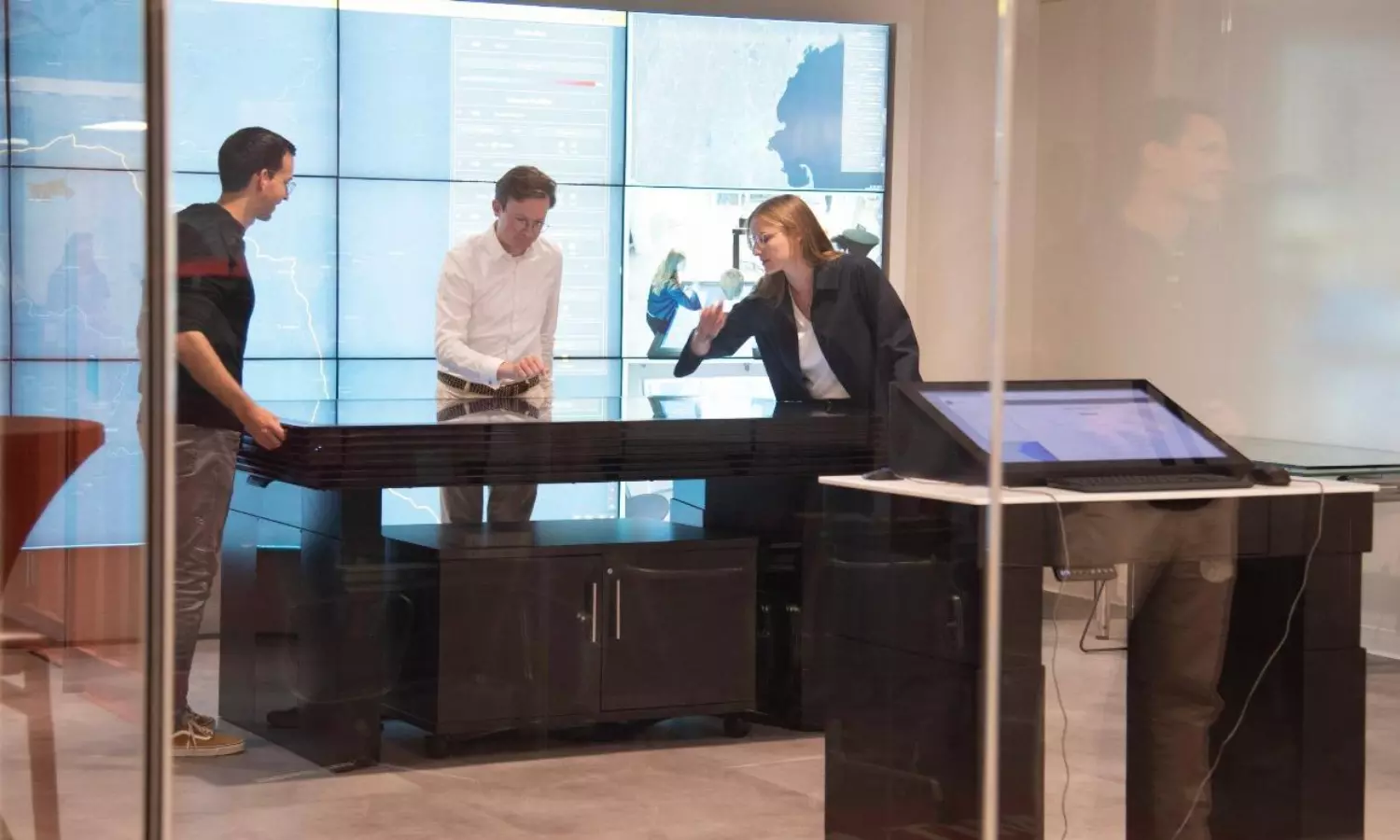MIT CTL launches lab to explore data-driven tech in logistics
Lab to serve as the foundation for future research collaboration between MIT CTL and Mecalux.

The Massachusetts Institute of Technology Center for Transportation & Logistics (MIT CTL) has launched a new research lab to investigate high-impact applications of data-driven technologies in the logistics industry. Seed funding from the intralogistics group Mecalux supported the formation of the lab.
The Intelligent Logistics Systems Lab at MIT CTL will specifically explore the potential of machine learning (ML) and artificial intelligence (AI) to transform the future of logistics operations and goods transport, according to an official release by Mecalux.
Mecalux plans to offer technical insights and support from its software and automation experts over the coming years, the release added.
“The new lab will explore several research streams that could lead to state-of-the-art approaches for tackling some of the industry’s most complex challenges. For instance, the lab will investigate cutting-edge methods and tools capable of producing highly accurate near-term predictions at high spatial and temporal resolutions. These near-term predictive capabilities are crucial for enabling same-day or sub-same-day delivery and similar services, designed to meet the increasingly demanding needs of both consumers and commercial customers,” the release mentions.
The innovation space will be led by Matthias Winkenbach, Director of Research, MIT CTL. “We want to support the application of new AI- and ML-based technologies to tackle the most impactful real-world challenges faced by companies and society,” says Winkenbach.
“The activities of the new research lab at MIT CTL founded with support from Mecalux will enable the entire industry to design supply chains and logistics systems that provide state-of-the-art customer service and set new standards in terms of sustainability and cost-effectiveness.
“Operational excellence relies on the seamless integration of autonomous technology into warehouse processes. AI and machine learning can be crucial in planning and monitoring these resources,” says Javier Carrillo, CEO, Mecalux.
The lab will also examine the role of new technologies in managing autonomous transport and delivery systems as well as automating processes such as picking, sorting, packing, and shipping orders from warehouses or stores.
Another area of research will be the development of hybrid methods at the intersection of operations research (OR) and ML. The goal will be to solve the increasingly complex and multi-faceted combinatorial optimisation problems that are crucial for the success of the logistics industry including vehicle routing, inventory planning, network design, and transport planning, the release added.


